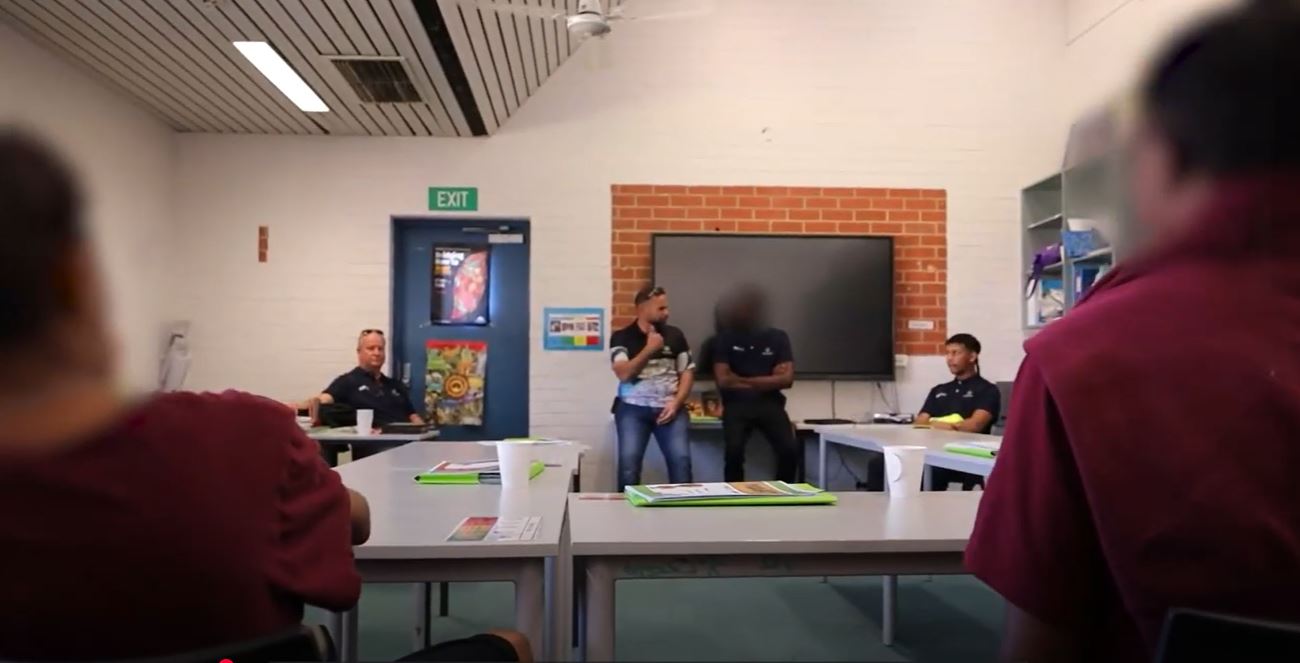Building inclusion in the workplace through language. Our Programmed Professionals team share how everyday language can help support inclusion in the workplace and help build a high-performance culture for your organisation.
The immense power of language is a responsibility that we all bear every day. We have the power to lift someone up with a quick “good job”. But we can also easily tear a person down with a “stop being so sensitive”.

In the workplace, the way we use language can be a powerful tool for building inclusion amongst teams, but also for creating exclusion.
The way we speak to each other contributes to developing a workplace culture where everyone feels valued, respected and part of the team (included), rather than under-valued, disrespected and out of place (excluded).
Research conducted by the Diversity Council Australia shows that inclusive cultures are high-performance cultures – they deliver greater performance and productivity.
What is inclusive language?
The Diversity Council of Australia defines inclusive language simply as ‘effective language that is respectful, accurate and relevant to all’.
Inclusive language is verbal communication (i.e. words, phrases, tone of voice, etc.) that is neutral. It does not reflect bias, stereotypical or discriminatory views of a person or group of people.
Why should I use inclusive language in the workplace?
By using inclusive language, particularly in the workplace, everyone is more likely to feel valued and respected. This makes for a happier work environment, resulting in people feeling more comfortable to contribute and apply their talents. This, in turn, drives organisational performance.
Research has shown that organisations that embrace diversity and have an inclusive culture make better business decisions 87% of the time and make decisions twice as fast with half the meetings.
Examples of exclusive vs inclusive language
| Instead of … | Try this … |
| ‘Hey guys’ | ‘Hey team’ |
| ‘He’s disabled’ | ‘He has a disability’ |
| ‘That girl is here for your 9am meeting’ | ‘There is a visitor here for your 9am meeting’ |
| ‘He suffers from epilepsy’ | ‘He has epilepsy’ |
| ‘Lucy is Asian so she’s good with numbers’ | ‘Lucy is good with numbers’ |
For more great examples and to understand more on how you can shift your language, check out the Diversity Council’s ‘Words At Work’ guide.
Programmed is Australia’s leading staffing and maintenance organisation, providing staffing, professional, technical, training and maintenance services across Australia and New Zealand with more than 20,000 employees supporting industry.





